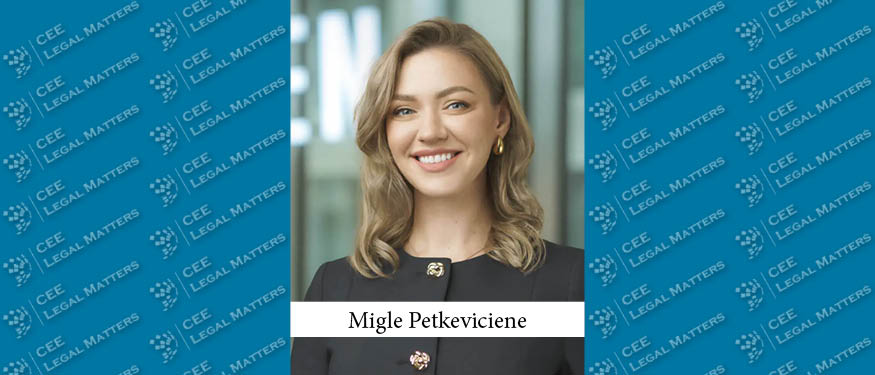Lithuania’s tax system underwent a major overhaul in 2004 when the country joined the European Union. For almost two decades, its evolution has been slow-paced – one could even call it cosmetic.
Lithuanian businesses and individuals enjoyed one of the nominal tax rates in the European Union, with many favorable tax exemptions bringing the effective tax rates even lower than the nominal 15% mark.
There was, although, a short-lived tax reform in 2009 that saw a last-minute increase of taxes as a response to the global financial crisis, but the reform was abolished a year later, and Lithuania returned to the path of stability.
Over the years, some of the favorable tax exemptions were abolished, but, generally, Lithuania remained a low-taxation country. The first sign of this coming to an end was the 2020 parliamentary election when the newly elected majority set an overhaul of the Lithuanian tax system as one of the top priorities of the political agenda. This plan came to fruition almost three years later, delayed mainly due to the COVID-19 pandemic and the war in Ukraine. The reform seems to be coming in full force – virtually all categories of individual taxpayers would be affected if the reform were to be adopted as initially planned. Almost all categories of taxpayers would see an increase in their tax rate, in some cases nearly double the currently applicable rates. For example, dividends that are currently taxed at a 15% flat rate could see an increase to as high as 27%. The same increase is proposed for self-employed individuals. As one could expect, the reform was not greeted with enthusiasm.
There was a lot of criticism from various economic and demographic groups. The economic effect of the reform is still widely discussed, with some experts calling on the Lithuanian government to evaluate the side effects of such a sudden tax reform.
One of the effects could be a spike in tax-driven migration of high-net-worth individuals and self-employed professionals, a trend seen by many other high-tax countries of the European Union. The Lithuanian tax system has almost no tools to prevent a tax-driven migration of individuals or at least to safeguard the Lithuanian budget from it. There are no exit taxes or any similar provisions in the Lithuanian tax system – administrative rules and procedures have not been developed for a long time and case law in this field is non-existent. All of this raises serious concerns about whether Lithuania will be prepared to deal with a growing number of tax emigrants, which is already increasing even without the tax reform.
Another area to be affected by the reform is estate planning and business succession. Lithuania is a relatively young country where many local businesses are still owned by founders. The last decade showed a growing number of cases of business succession where the new generation is taking over the reins of businesses while founders are stepping aside to enjoy their well-deserved retirement. Such a shift would typically be coupled with a transfer of shares, usually in the form of a tax-free gift. The proposed reform would introduce a tax on gifts between family members which would affect any case of business succession. Such 180-degree changes create a lot of uncertainty and tension in the market.
It seems now that the planned reform will not be adopted, at least not in its current form, with effect from 2024. But the changes are coming and Lithuanian businesses and business owners should prepare for this. And yet, preparation may not be as smooth as one would expect due to the growing attention and conservatism of Lithuanian tax authorities. For a couple of years now, Lithuanian tax authorities openly declared the shift in their focus to large private and corporate taxpayers, as well as complex reorganizations and other big-ticket transactions. It is best evidenced by the establishment of an internal task force to combat aggressive tax planning as well as a dedicated working group dealing with high-net-worth individuals. Even more so, while more experienced taxpayers used to seek obtaining a binding tax ruling as insurance against uncertainty, recent rulings issued by tax authorities show a trend of careful evaluation of not only legal provisions or business reasons concerning the transactions but also their short- and long-term effect on tax revenue.
This is why the proposed tax changes in Lithuania bring uncertainty among taxpayers.
By Rokas Daugela, Tax Partner, Cobalt
This article was originally published in Issue 10.10 of the CEE Legal Matters Magazine. If you would like to receive a hard copy of the magazine, you can subscribe here.













